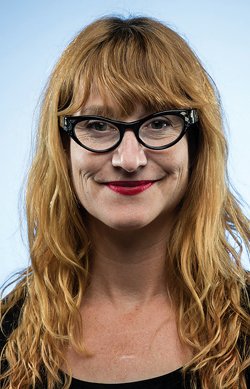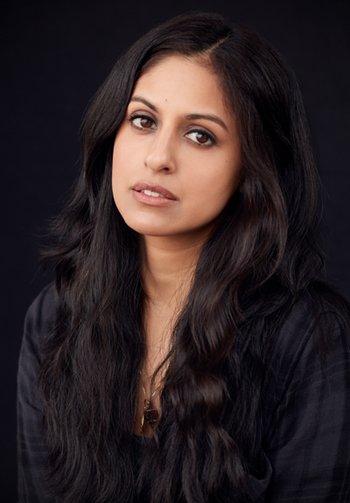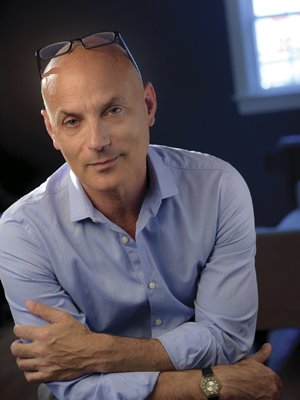One of the most prominent and liveliest contemporary critics in the United States, Daniel Mendelsohn began contributing reviews, op-eds, and essays to a variety of publications, including Out, the New York Times, the Nation, and the Village Voice, while still a graduate student at Princeton University, where he received his doctorate in classics in 1994. Over the years he has written for an array of publications, including the New Yorker; the New York Times Book Review and Harper’s, in both of which he had regular columns; and New York magazine, where he was the weekly book critic. In February Mendelsohn was named editor-at-large of the New York Review of Books (NYRB) and director of the Robert B. Silvers Foundation. Among his many awards is the Nona Balakian Citation for Excellence in Reviewing from the National Book Critics Circle.
Mendelsohn’s books include the memoir An Odyssey: A Father, a Son, and an Epic (Knopf, 2017), an NPR Best Book of the Year; the internationally best-selling Holocaust family saga The Lost: A Search for Six of Six Million (Harper, 2006), winner of the National Book Critics Circle Award and the National Jewish Book Award; and The Elusive Embrace: Desire and the Riddle of Identity (Knopf, 1999), a Los Angeles Times Best Book of the Year. He is also the author of three collections of essays—Ecstasy and Terror: From the Greeks to Game of Thrones, forthcoming in October from New York Review Books; Waiting for the Barbarians: Essays From the Classics to Pop Culture (New York Review Books, 2012); and How Beautiful It Is and How Easily It Can Be Broken (Harper, 2008)—and his translation, with commentary, of the complete poems of Constantine Cavafy, published by Knopf in 2009, was a Publishers Weekly Best Book of the Year. He is currently at work on a new translation of the Odyssey for the University of Chicago Press and teaches literature at Bard College.
What was your path to becoming a literary critic?
I’d always dreamed of being a critic—at least since the 1970s when I was a teenager and first started reading the New Yorker seriously. I was enthralled by the critics in that magazine during that era—enthralled by the idea that everything was potentially the object of critical exegesis, from the poems of James Merrill, as reviewed by Helen Vendler, to cabaret performances by Julie Wilson, reviewed by Whitney Balliett. In graduate school, while I was toiling away at my dissertation, I’d relax by writing reviews of books for the weekly literary paper there; when I finished my degree I abandoned the academic track and moved to the city and started writing and reviewing full time for pretty much anyone who would take my pieces—at that time, in the early to mid 1990s, lots of gay magazines that would fold just before they paid you. Within a year or so I had pieces in the Nation and Village Voice, and from there I moved to the New York Times Book Review, then under the sterling leadership of Chip McGrath, which was my first regular platform, and for which I wrote many pieces between 1996 and around 2006. That was what really launched me. In 2000 Bob Silvers asked me to do a piece, and that was the beginning of my close relationship with the New York Review of Books.
Do you think literary criticism can be taught, and do you think it should be taught in MFA programs?
I don’t think any kind of writing can be “taught.” Either you’re a writer or you’re not, and it doesn’t matter what kind of writing we’re talking about—fiction, criticism, whatever. I do think that people who are gifted can be helped along, their craft refined and improved, by good teachers; so in that sense, sure, let criticism be taught in MFA programs. I myself never studied writing; I just read a lot. You start by imitating the people you like, and soon you develop your own voice.
What advice do you give to young students who want to become professional critics?
Do your homework. You can’t sit down to review something unless you’ve really immersed yourself in every available resource: You have to read—or watch, or whatever—everything the author or creator has done, you have to do research, you have to have a solid background before you even dream of approaching the work you’re supposed to be reviewing. This is time-consuming, obviously, but it’s the only way to get good results. I suppose I get this from my training as a scholar: I still vividly remember a professor of mine at UVA saying—apropos of a paper I was about to write about the Odyssey, as it happens—“Well, you can’t write anything until you’ve read everything.” That’s my advice. Criticism is serious business, and if you take it seriously, editors will respond.
Is there ever anything from the publishing side that raises your interest in a book or author—a sizeable advance, notable blurbs, your relationship with an editor or publicist?
No. I’d be very suspicious of a critic who had “relationships” with editors or, God forbid, publicists. What has that got to do with the activity of criticism? The buzz, the hype, the cloud of excitement that eager editors and publicists want to create around a book or play or movie are precisely what the critic should be seeing through, should be resisting. So why would a responsible critic be in bed with those people?
Ugh. That said, it often happens—certainly it does with some of my pieces—that you’re looking at a new book or movie or whatever as a sign of some kind of larger cultural phenomenon, and in that case it’s legitimate to cite some of the “surround”—the sales, the public reaction, and so forth. I wrote an analysis years ago of Alice Sebold’s novel The Lovely Bones, which was such a phenomenon—they couldn’t print the books fast enough—that it seemed important to mention the sales, the overwhelming public appetite for the story that she was telling. But that’s the only time, I think, that a critic should pay attention to that stuff.
How conscientious are you about diversity—gender, race, sexual orientation, etc.— when choosing which books to review?
I don’t think critics can or should be ruled by those concerns. You can only write well about what interests you, what resonates for you intellectually and aesthetically, and you should only please yourself. That said, I think publications should be sensitive to issues of diversity and balance—of writers, of subjects. That’s appropriate. But critics have to be free to write about the subjects that really animate them.
Tell us a little bit about your editor-at-large role at the New York Review of Books. Do you choose what to write about?
My new role at the NYRB doesn’t impinge on my editorial relationship with the magazine at all. Since I started writing for Bob Silvers in 2000, it’s been give-and-take: They’ll think of something that might be right for me, or I’ll have an idea about something that I’d like to do. And that’s how it has worked with the other publications I’ve written for over the years: the New Yorker, the New York Times Books Review, a few others. I very much enjoy when editors suggest things that would never have occurred to me as good subjects—it takes you out of yourself and makes you stretch, which is healthy, whether it’s Bob Silvers insisting that Mel Brooks was a good subject to my editor at Town and Country asking me for a piece about adultery and the novel. Fun!
My role at the Review as editor-at-large has to do with what you might call “outreach.” We have the greatest pool of intellectual, journalistic, and critical talent in the world, and until now that talent has basically had only one outlet: the magazine and website. Given my long relationship with the magazine, and the fact that I’m out in the world quite a lot as an author and lecturer and have a pretty good sense of how these things work, Rea and Patrick Hederman thought that I’d be useful in helping to create new ways of bringing the Review and my fellow contributors to a larger public. So I’m working on creating a few series of public discussions, to start this fall, that will bring our contributors on stage for conversations with people in various fields. One series, in partnership with the David Zwirner Gallery, will be about contemporary art, literature, and how they intersect with issues of power—critics, audiences, collectors, governments. Another, in partnership with NYU, will focus on the idea of what “classics” in literature are: how they get canonized—and uncanonized—how authors and works go in and out of fashion. We’re also talking to Monticello and the Frick about collaborations, and we’re dreaming up new ways to reach out to colleges, community colleges, and universities. And we’re starting a podcast! So it’s a busy and exciting time in which we’ll build on the Review’s strengths to get out into the world more in a very strong way.
In your forthcoming book, Ecstasy and Terror: From the Greeks to Game of Thrones, you state that “any call to eliminate negative reviewing is to infringe catastrophically on the larger project of criticism.” How do you think negative reviews contribute overall to the cultural dialogue?
A culture that only cheerleads and celebrates is a vapid culture—a culture of marketing, not thinking. With respect to literature, such marketing is, as I mentioned earlier, properly the province of publishers and publicists—and that’s fine. All writers benefit from publishers’ marketing and advertising: I have myself. No shame in that. But precisely because the culture as a whole is so overwhelmingly commercial, it’s vital that professional, public, literary, and cultural criticism remain independent. Negative criticism is, in part, what fights against the commercial, or the merely stupid, or vulgar; it is a form of resistance, a reminder that we must think for ourselves and not have our judgments coopted by advertising and the ephemeral.
Having said that, I would stress urgently that there is a right way to do negative criticism: It has to be reasoned, it cannot be ad hominem, and so forth. Indeed, I’d say that now, with the explosion of vituperative discourse that is the hallmark of much Internet culture, doing proper, measured negative criticism importantly models how not to like something. In an era in which so many exchanges—literary ones, too—devolve into snark and name-calling, we need good negative criticism perhaps more than ever.
In an interview with Laura Miller you stated, “I would say you get more out of reading reviews you disagree with because it forces you to sharpen your own thoughts.” Can you expound upon this?
This is precisely what I mean by the importance of negative criticism—not just negative in the sense of “disapproving,” but negative in the sense of “opposite,” “resistant to what most people think.” I think when I was talking to Laura we were speaking of reviews of one’s own books, and I certainly continue to think that reading a review that is original, that resists the common take, can provoke an author to real insight into his or her own book. When you write, you’re in your own head: It’s all you. I can’t imagine any serious writers really think about pleasing their readers: You write to please yourself, to scratch an itch, to answer a question that burns for you. So a negative or resistant review acts in much the way that a good editor will act: It forces you to see another way of looking at your material, and that’s very salutary, I think.
Have you ever changed your mind about a book that you praised or panned years earlier? Has a work of criticism ever changed your opinion of a writer’s work?
I don’t think I’ve changed my mind in the sense of “Gosh, I was totally wrong about that.” But I’ve been writing as a critic for thirty years now, and as you get older your general aesthetic can shift; things you used to love don’t excite you anymore, or things that once left you cold start to make sense to you. I once wrote a Bookends column about this for Pamela Paul at the New York Times: I used the example of Catcher in the Rye, which when I reread it for the first time since I was a teenager I found totally unbearable.
As for a review that changed my mind: Not really. But shrewd reviews can make you consider things differently. As many people know, I had very strong objections to Hanya Yanagihara’s A Little Life, but when I read an interesting piece in the New Yorker by Elif Batuman about how the novel had captivated her, I could suddenly see how an intelligent person might get caught up in the book. I still loathe the novel, but because of Elif’s essay I suppose I’m much more tolerant now of people who liked it than I was two years ago.
You’ve published multiple books of your own. How did it feel to be operating from the other side, having your own literary work assessed by fellow critics? Has that experience instilled any sense of empathy with authors whose works you choose to review—or does identifying with the subjects of your critical work lead to a slippery slope?
I like to joke that my training as a classics scholar did me a great service, since I always write about works as if their authors have been dead for two thousand years—their feelings, their hopes and dreams, their biographies and secrets, simply aren’t an issue. All kidding aside, I don’t really think about authors and their feelings when I write reviews, and I’d hope that people reviewing my books aren’t worried about my feelings in evaluating my work. Indeed, I must say the question of empathy seems to me to be grossly misplaced. Obviously, one would never want to write—or be the recipient of—anything that was cruelly personal, and even the harshest criticism of a work should be grounded in the text, demonstrable, and measured—the criticism should serve the argument. The author of the work under review should, therefore, never feel that it’s personal, even if it’s very hard. What I do feel for is literature—or film, or theater, or dance, or art. That’s what I’m passionate about, and my passion for a genre is what guides my evaluation of people’s works in that genre. I feel protective of writing, not writers.
For that reason, I always feel that even if a review of a book of mine is harsh, if it’s motivated by a genuine critical impulse, it is legitimate and has to be accepted. Nobody likes getting bad reviews, but it’s part of life as a creative person: Not everyone is going to like your stuff. And since you can always tell when a review is personal, those are pretty easy to discount. The only thing a writer wants is an intelligent review, not a “good” review.
Has social media been helpful at all in your role as a critic?
No. I’ve certainly had interesting and sometimes feisty conversations with people on social media and have even befriended a number of people there; and it’s often fascinating to see how “ordinary,” in the technical sense, readers and audiences are reacting to something in the culture. But the fact is that, in the end, you can only listen to yourself. Social media for me is an often fun distraction from real work, and that’s pretty much it.
Who do you think are some of our finest literary critics working today?
Critics, not just literary, whom I trust these days include Madeleine Schwartz, Christian Lorentzen, and Vinson Cunningham.
What books that you aren’t reviewing are you most looking forward to reading in the near future?
What with everything else I have going on—my own writing, the NYRB, the Robert Silvers Foundation, and Bard—I have relatively little time for “pleasure” reading: The summer is when I try to catch up. Right now I’m dying to get to Brenda Wineapple’s book about Andrew Johnson’s impeachment, Andrew Sean Greer’s Less, The Overstory by Richard Powers, and Pat Barker’s The Silence of the Girls—although I do wish her editor had forced her to think of a title a bit less Hannibal Lector-ish. I think her Regeneration Trilogy is one of the great works of the twentieth century; how could I not want to read her take on the Iliad?
Michael Taeckens has worked in the publishing business since 1995. He is a cofounder of Broadside: Expert Literary PR (broadsidepr.com).

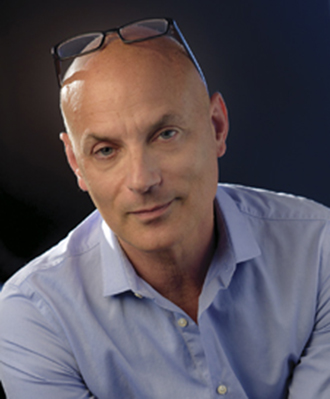
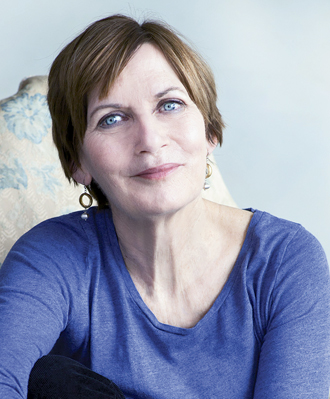
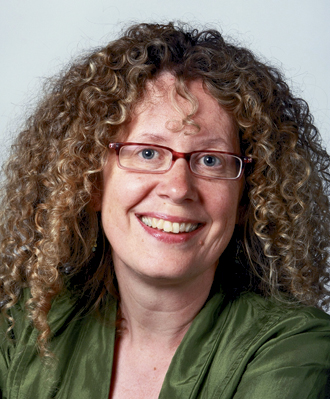
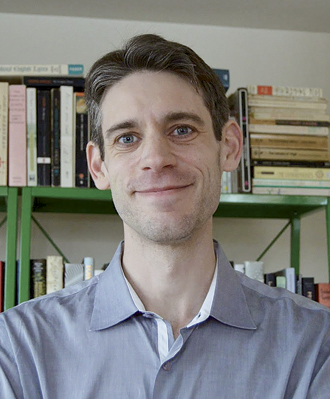
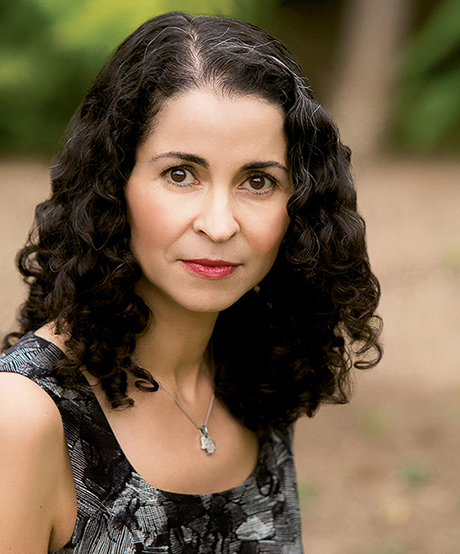
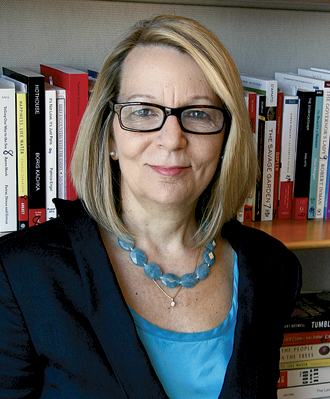
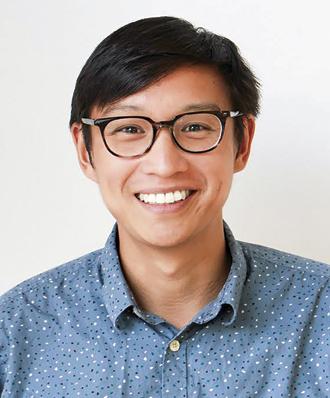
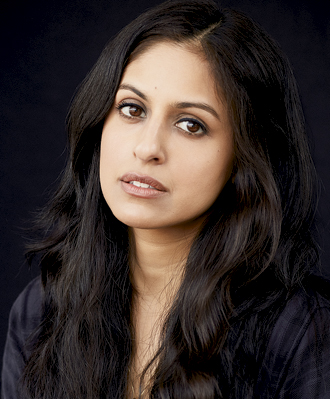
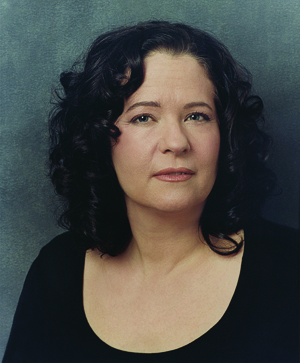
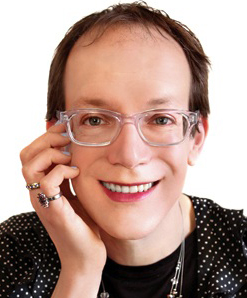
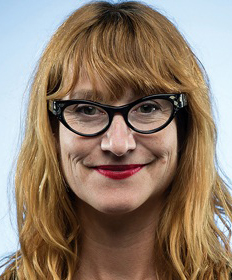
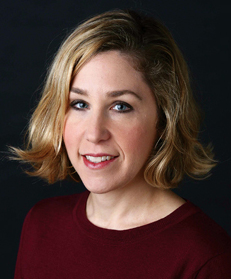
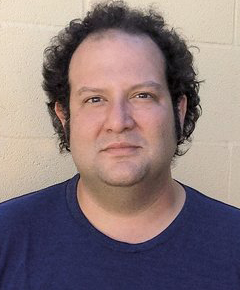
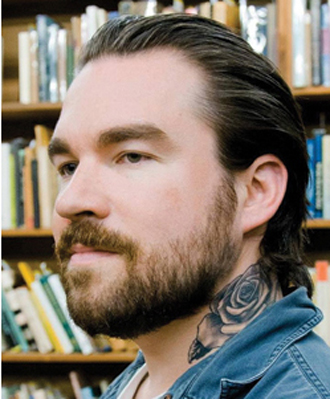
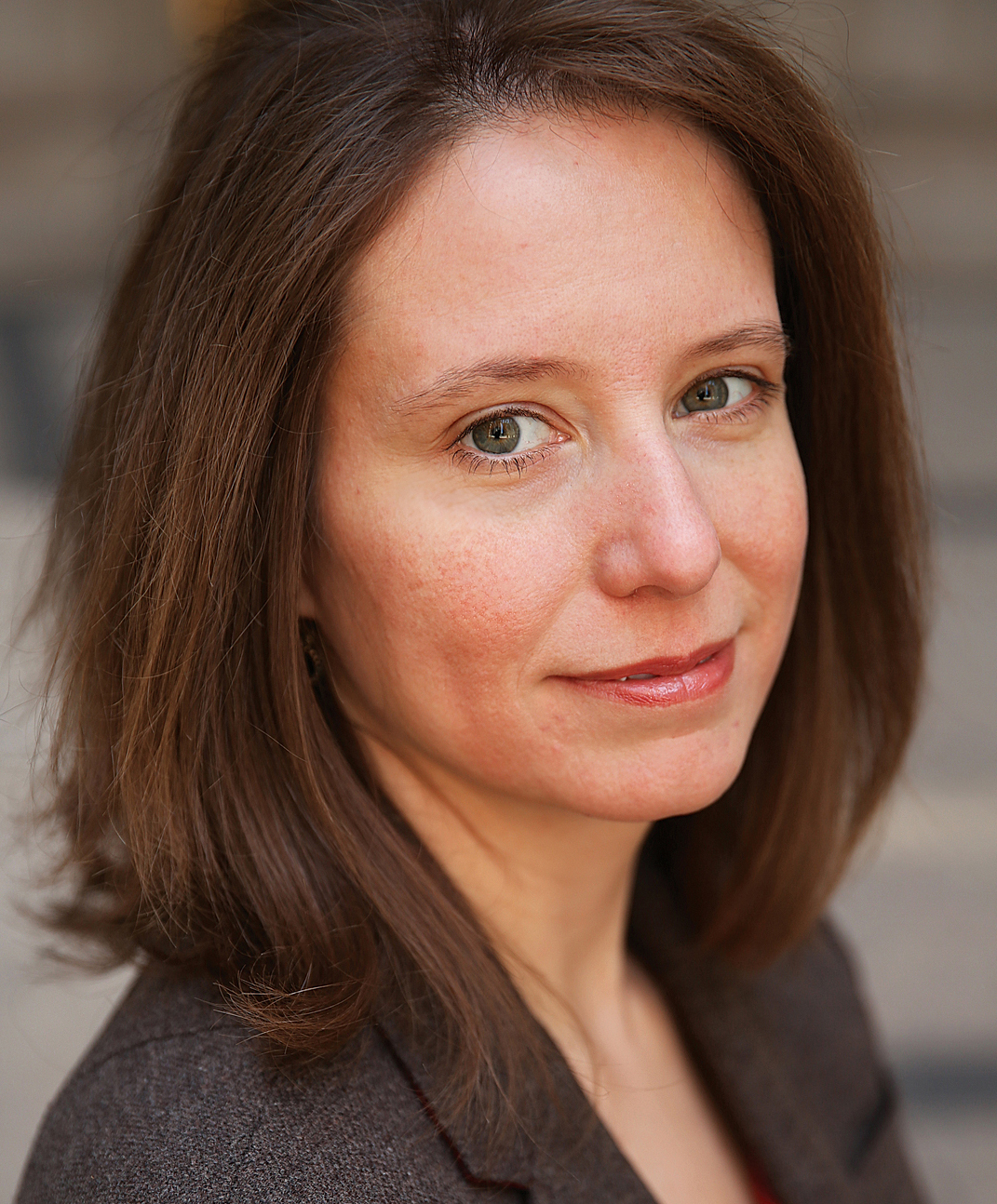
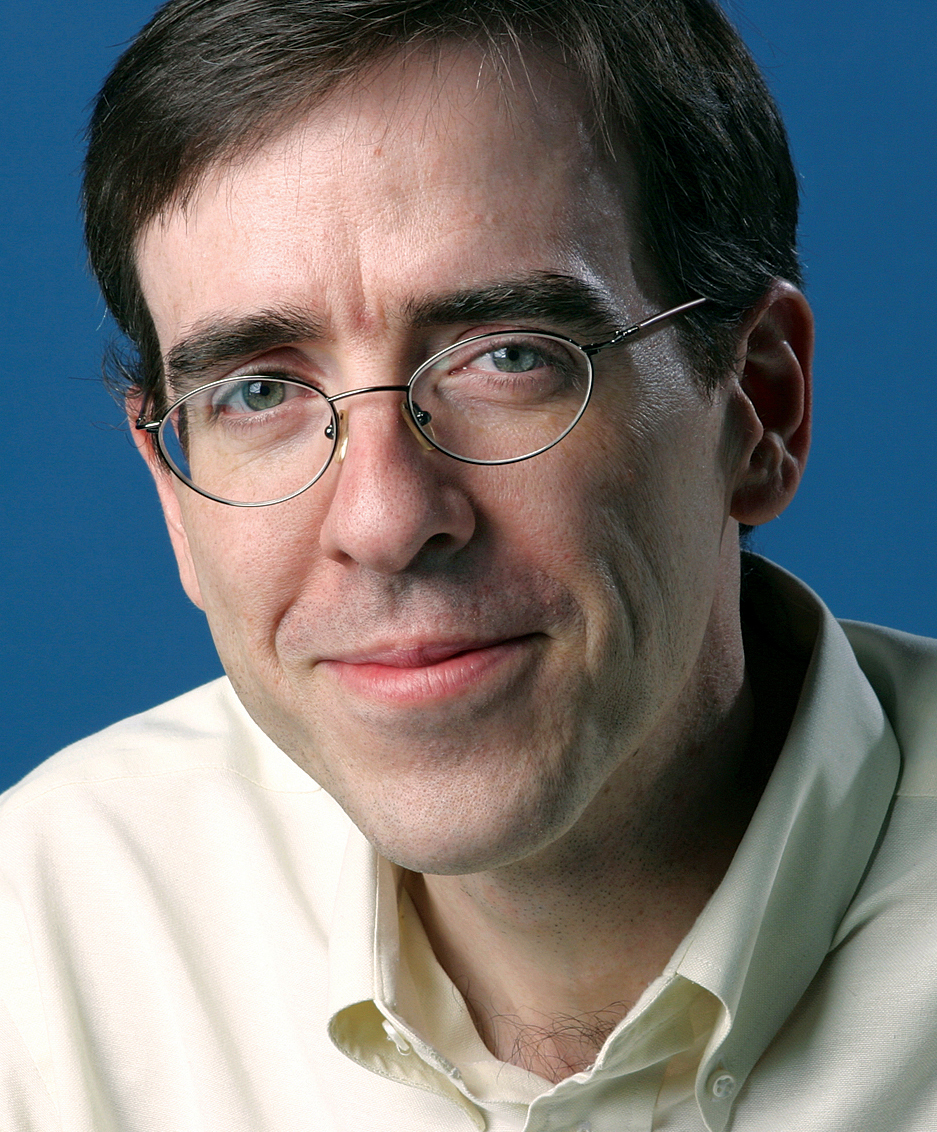
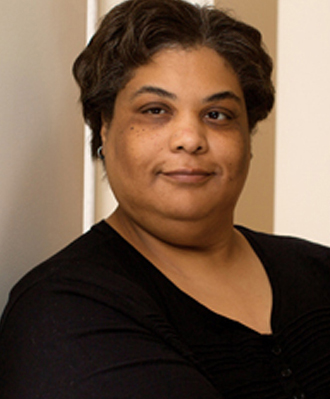
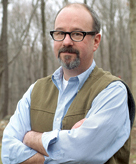
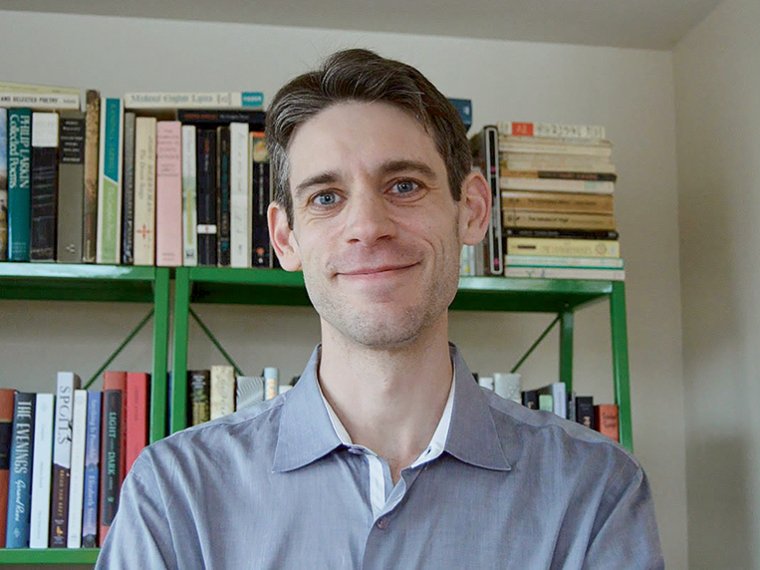
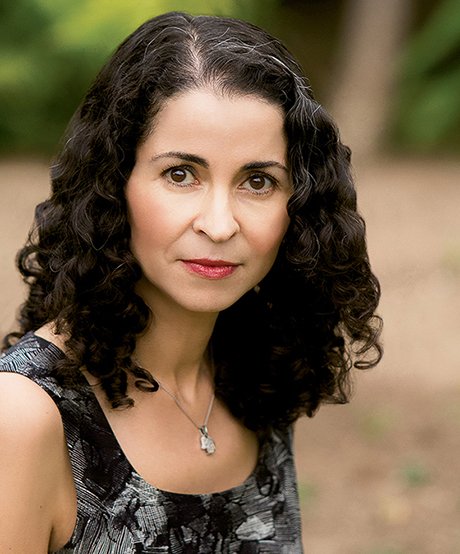
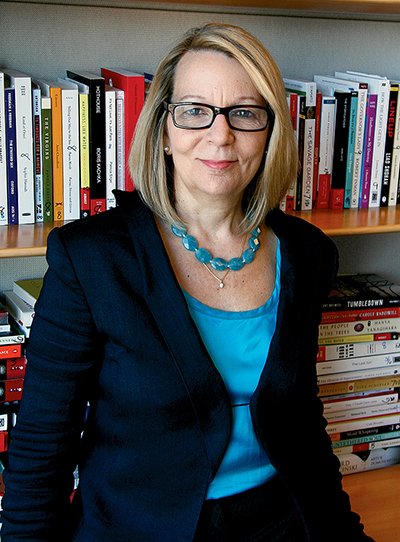
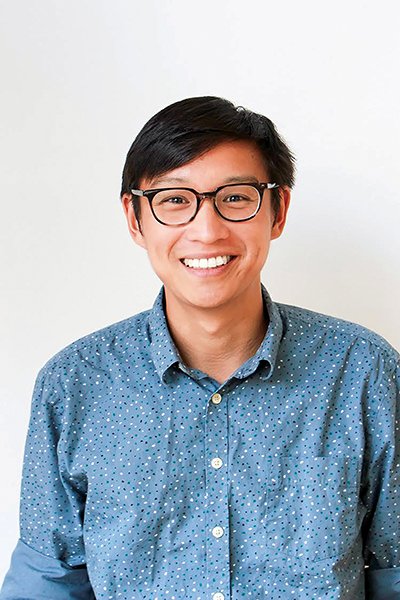
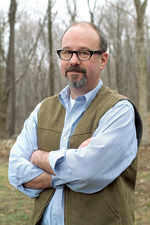 Raised in West Virginia and Naples, Florida, Garner started writing for alternative weeklies such as the Village Voice and the Boston Phoenix after graduating from Middlebury College. In 1995 he became the founding books editor of Salon, where he worked for three years, followed by a decade as senior editor at the New York Times Book Review. He has been a daily book critic for the New York Times since 2008. The author of an art book, Read Me: A Century of Classic American Book Advertisements (Ecco, 2009), he is currently working on a biography of James Agee. You can follow him on Twitter, @DwightGarner.
Raised in West Virginia and Naples, Florida, Garner started writing for alternative weeklies such as the Village Voice and the Boston Phoenix after graduating from Middlebury College. In 1995 he became the founding books editor of Salon, where he worked for three years, followed by a decade as senior editor at the New York Times Book Review. He has been a daily book critic for the New York Times since 2008. The author of an art book, Read Me: A Century of Classic American Book Advertisements (Ecco, 2009), he is currently working on a biography of James Agee. You can follow him on Twitter, @DwightGarner.